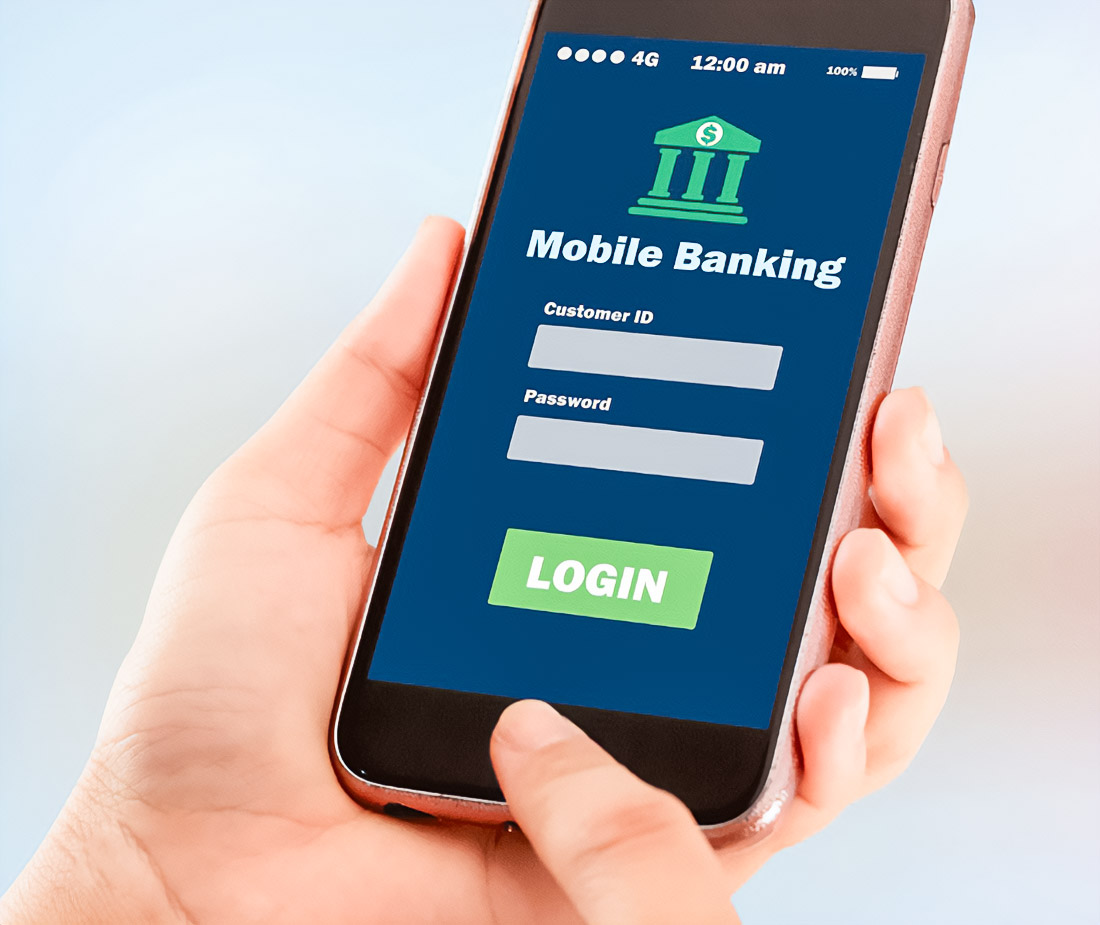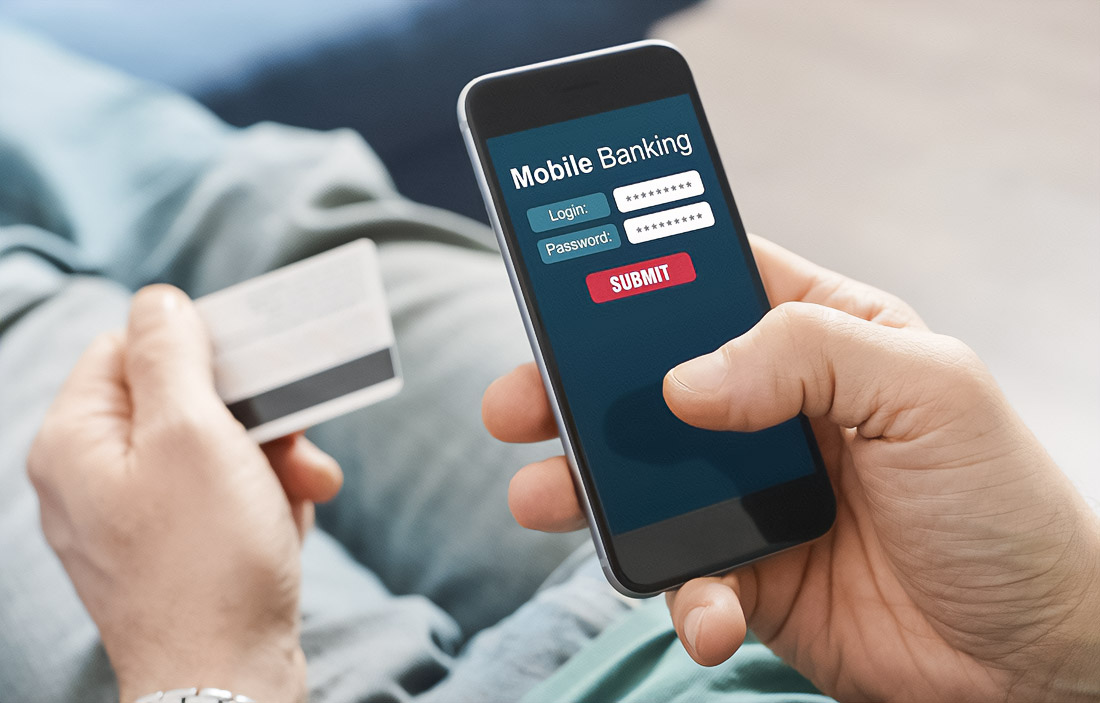Digital banking in the UAE is no longer just a trend, but the main financial management tool for the younger generation. Millennials and Generation Z are choosing online platforms and mobile apps instead of visiting traditional branches. This transition accelerated after the pandemic, when convenience and speed became more important than the usual service formats.
Today, digital wallets, instant transfers, online credit cards, bank account online opening, and the integration of banking services with everyday applications are forming a new standard for financial services.
The Growth of Digital Banking in The World and the MENA Region

According to analytical data, the global digital banking market has grown from $6 trillion in 2023 to reach $12 trillion by 2030. In the MENA region, the number of fintech companies in 2024 was 739, and by 2028 the number of users of digital services will grow to 386 million. This means an increase of 1,100% compared to 2017.
Financial Habits of Millennials and Gen Z

The younger generation in the UAE is demonstrating a record level of technology penetration: 97% of the country’s residents use smartphones, and 89% are ready to switch to digital banking services (2021 survey).
Millennials are already in the active phase of their careers. By 2030, they will inherit a global capital of $68 trillion.
Generation Z is just entering the labor market, but by 2030 their purchasing power will amount to 33 trillion dollars – about 30% of all adults with income.
Both generations appreciate:
- Personalization of interfaces
- Instant transfers
- The ability to quickly apply for a credit card online
- Integration with cost management applications
- Access to open APIs and embedded services such as investments and insurance
Popular Solutions and New Formats

Banking-as-a-Service (BaaS) has become one of the main directions. Its volume will grow from $4.2 billion in 2023 to $11.6 billion by 2028.
Young users are actively choosing:
- Cashback credit card for online purchases
- Buy Now, Pay Later (BNPL) services. Only $7.3 billion was spent on Black Friday in the USA through BNPL, and in Europe, 37% of consumers aged 18-34 choose brands with this solution.
- Multicurrency accounts, cryptocurrency investments, and services with gamification elements
In the UAE, the best credit card in UAE without annual fee becomes a tool for saving and accumulating bonuses. Customers value cash back on credit cards, and mobile apps offer rewards for achieving financial goals and even tracking the carbon footprint of transactions.
Impact on Small and Medium-Sized Businesses

More than 90% of companies in the UAE belong to the SME segment. For them, digital banking means:
- Remote account opening
- International payments via P2P platforms
- Quick loans and the ability to apply for a credit card in UAE without visiting the office
- Built-in services for managing expenses and taxes
- Real-time reporting
Security and Trust
With the growth of digital services, attention to cybersecurity is also increasing. The average cost of data leakage in the financial sector in 2024 was $6.08 million (+3% over three years).
Banks are implementing:
- Multi-factor authentication
- Biometric access
- Machine learning-based systems for fraud detection
The ability to instantly lock the card and securely encrypt data is important for users. At the same time, the best cashback credit card in UAE becomes an attractive choice if it combines security and favorable conditions.
Challenges of Digital Banking
Despite the growth, barriers remain:
- Digital inequality limits access for the elderly and those who do not always have a stable Internet connection
- Differences in regulation require strict compliance with AML rules and personal data protection
- Cyberattacks are becoming increasingly difficult, forcing banks to regularly test their systems
The Future of Digital Banking in the UAE
Forecasts show that the net interest income of digital banks in the UAE will grow from $3.02 billion in 2025 to $3.76 billion by 2030 (CAGR 4.49%).
The future will be determined:
- Personalization of services using AI
- Blockchain and CBDC to accelerate international settlements
- Virtual cards with a projected transaction volume of $6.8 trillion by 2026
- The development of the phygital model, where online and offline services work in conjunction, for example, through a mobile banking app to book a visit to a branch
Conclusion
Millennials and Generation Z in the UAE choose digital banks because they match their lifestyle and expectations. Personalization, credit cards offer, instant transfers, built-in services and a high level of security make digital banks preferable to traditional ones.
Government support, the growth of fintech and the openness of young customers confirm that the future of finance in the UAE is digital banking.

Skateboarder, foodie, music blogger, International Swiss style practitioner and RISD grad. Acting at the sweet spot between beauty and mathematics to express ideas through design. I prefer clear logic to decoration.
